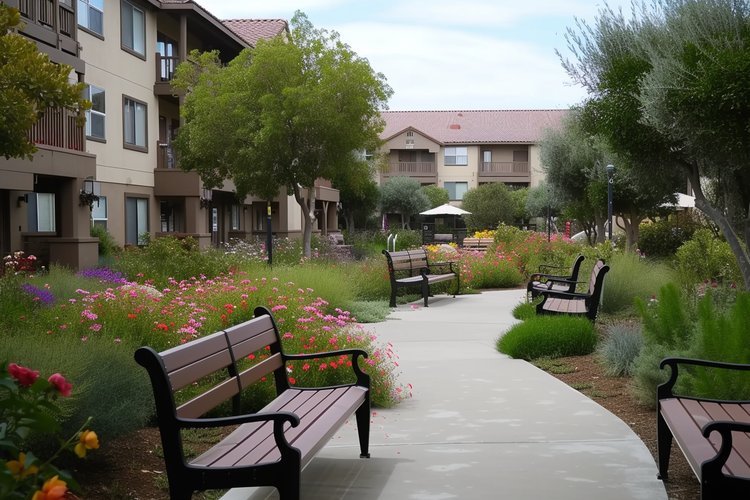How to Find Affordable, Quality Residential and Nursing Care Homes in the UK: Practical Tips for 2025
Finding affordable, quality residential and nursing care homes in the UK can feel overwhelming. In this article, we provide practical tips to help you navigate care options that prioritise compassionate 24-hour support, safety, nutrition, and dignity.

Understanding 24-Hour Residential and Nursing Care Services
Residential and nursing care homes in the UK provide round-the-clock support tailored to the needs of elderly individuals. This includes assistance with daily living activities such as bathing, dressing, medication management, and mobility. Many homes provide specialist dementia care and cater to residents with complex medical conditions requiring nursing input.
Providers such as Barchester operate a network of care homes across regions including Sittingbourne, Preston, Worcester, Glasgow, and Croydon. This network offers families various options to find residential and nursing homes offering professional full-time care close to home.
How Care Plans Are Tailored to Individual Needs
Modern residential and nursing homes in the UK often develop individualized care plans based on thorough assessments at admission. These plans are designed to reflect each resident’s needs, preferences, and routines, supporting independence and dignity.
For residents with dementia, care plans may include specialized programs focusing on familiar activities and environments intended to reduce confusion and support cognitive function. Residents are also often encouraged to participate in mentally and physically engaging activities, such as hobbies and social groups, which can contribute to emotional wellbeing.
Facilities Designed with Safety and Comfort in Mind
In 2025, care homes commonly meet regulatory standards related to safety, comfort, and accessibility. Many facilities are purpose-built or renovated to provide environments appropriate for elderly residents.
Attention to environmentally friendly construction and operational practices is an increasing trend, aiming to create healthier and more pleasant living spaces for residents, while also considering environmental impacts.
Nutrition and Dietary Considerations in Care Homes
Nutrition plays an important role in the wellbeing of elderly individuals in residential care. Quality care providers typically offer meals that are nutritious, varied, and adapted to individual dietary needs and preferences.
Meal plans are designed to address common health concerns such as diabetes, allergies, and swallowing difficulties, ensuring that residents receive appropriate and appealing food choices aligned with their health requirements.
Considering Affordability and Access to Information
Detailed pricing information and comprehensive lists of the most affordable care homes may not always be readily available online. However, affordable care options are present throughout the UK. Families are advised to contact care homes directly or consult advisory services, such as those offered by Barchester, to obtain clear and up-to-date information about costs and available financial support.
Funding for residential and nursing care can come from multiple sources, including local authority funding (subject to eligibility), personal finances, or NHS Continuing Healthcare for certain health-related care needs. Exploring eligibility for financial assistance and planning accordingly are recommended steps.
Key Factors in Selecting a Care Home
When choosing a residential or nursing care home, consider:
- The specific care requirements, such as general elderly care, dementia support, or nursing care.
- Proximity to family and friends to support visits and involvement.
- The quality of care, staff qualifications, and resident feedback.
- Availability of social and meaningful activities suited to the resident’s interests.
- Facilities and environment, including safety and comfort features.
- Quality of meals and options for dietary customization.
- Transparency and clarity regarding costs and payment methods.
Visiting prospective care homes and discussing the resident’s needs with care managers can assist families in making informed decisions.
Summary
In 2025, residential and nursing care homes across the UK provide individualized care designed to meet various needs of elderly residents, including dementia and nursing care. Large care home networks offer multiple local options. While pricing varies by location and service level, support and guidance are increasingly available to help families navigate care choices. Emphasizing individualized care, safe and comfortable facilities, appropriate nutrition, and meaningful activities contributes to a supportive residential care environment.
Sources
-
[Barchester Healthcare - Residential Care Homes Elderly, Dementia & Adult Care](https://www.barchester.com/)
Disclaimer: All content, including text, graphics, images and information, contained on or available through this web site is for general information purposes only. The information and materials contained in these pages and the terms, conditions and descriptions that appear, are subject to change without notice.




